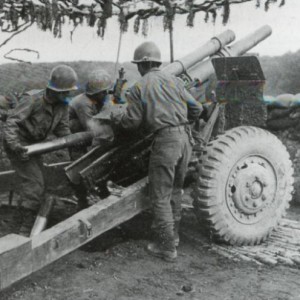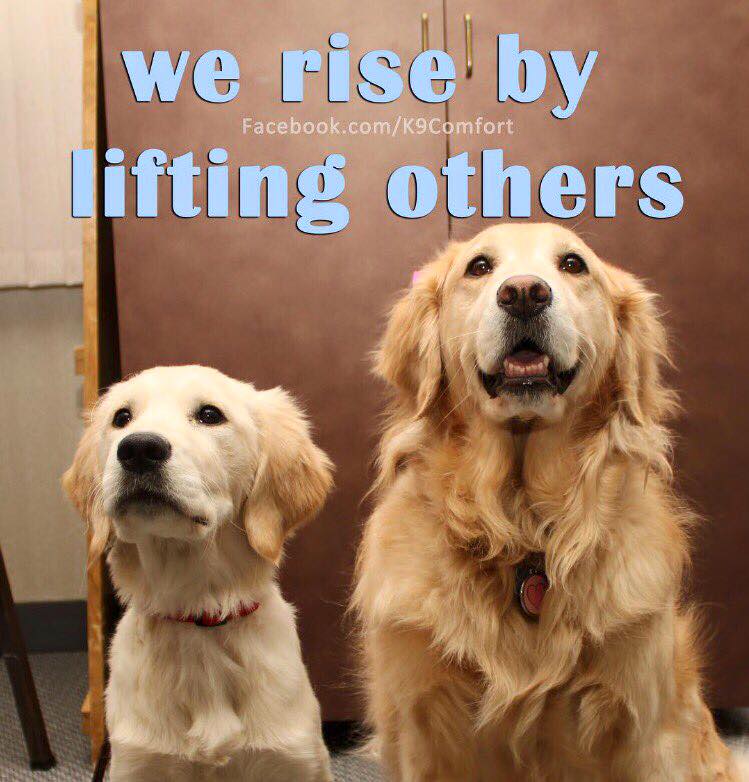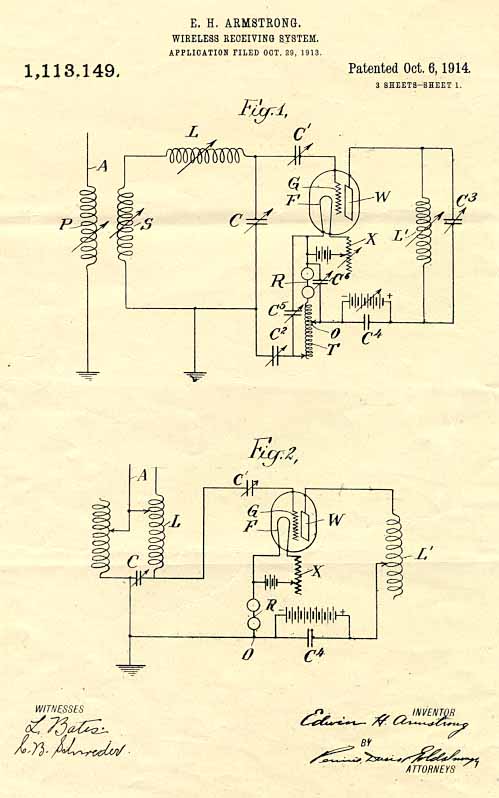We rolled into the small town of Spiro on an early April evening. The sun was out; it was warm and the skies were clear for as far as one could see across the Oklahoma plain. It was about as heartland as it gets. If you drove through Spiro and never drifted off Highway 271, you’d probably think it was just another nondescript dot on the map where corn and cattle collide. I would soon find out that the scene was deceptive. We turned off 271 and the life lesson started.
One only has to go a few hundred feet from Highway 271 to find the life lesson this town teaches. We turned down a street into a neighborhood that was obviously not wealthy, or even lower middle class. The character of the houses progressively degraded until we came to another street that literally and metaphorically went no where. If GPS had not told us where to turn we might not have ever found the place. We couldn’t identify name of the street because the sign was so badly rusted and worn.
As we looked for our destination, me and my friends just gave each other uncomfortable glances; very little was said but we were all thinking the same thing. The awkward silence was broken when I acknowledged what no one wanted to be the first to say but could no longer ignore: This place is the definition of poverty and need and hardship.
One house had a net, not a screen door, hanging over the front entrance. A few small kids, the oldest was maybe five, were running around unsupervised. There was mud and junk cars everywhere. We found our stop. It was run down and neglected, just like all the rest, with a shabby trailer in the yard. I did not know it yet, but that ended life lesson, chapter one.
An old man smiled and warmly greeted us as we walked up to the house. Some grubby boys, maybe 8-10 years old, were roughhousing on the patio and making a lot of noise like boys often do. The wife was serving punch and sugary snacks, the kind of stuff that kids should not have very often. These boys probably ate junk food most of the time as all except one of them were visibly overweight & hyperactive. They’re not even teenagers yet and already well on their way to diabetes and heart disease and tooth decay.
My guess is the old man and his wife do not have the resources or awareness or time to make healthy meals, so they default to processed junk that is inexpensive and requires little or no preparation. These kids are living proof that one can be both overweight and underfed at the same time, and their socioeconomic status has a lot to do with it. End of life lesson, chapter two.
I had never met these people before this encounter. I had travelled from out of state to visit my friends, who live a short drive from Spiro. They planned this road trip in advance and since I happened to be in town, I went along for the ride. The life lesson continued on the drive home when my friends put into context who these people were and why we went to see them.
My friends met these kids incidentally through a professional relationship with the old man, who happened to be the kids’ grandfather. My friends are goodhearted and selfless people, almost to a fault. They recognized that this family was in need and decided to step up. The purpose of the trip was to bring gifts for the kids, pay them a short visit, and let them know that someone cared. Their altruism must be having an effect. When they got out of the car the kids excitedly ran up to them and hugged them tightly.
These kids, particularly the younger boy, have lived a horrible life. Their parents were no longer in the picture and the children had recently been removed from an severely abusive foster home. They were placed with the grandparents who themselves were struggling. To know that the environment they are living in now is an upgrade from where they came is one of the most unsettling thoughts I’ve had in a long time. These kids are still not in a good situation, but they are with grandparents who care and are doing the very best they can with what little they have. They absolutely have my respect.
That brings us to life lesson, chapter three. There is no greater teacher than reality. In my entire working middle class life I had never personally witnessed poverty. Oh sure, I’ve seen it in the media and maybe from traveling through various towns and neighborhoods, but I never stopped, got out of the car, and visited a poor person’s house. This was new to me, and very disquieting. It was no longer just a distant concept. It was right there in front of me. People really do live this way!
The other reality check was the strong spirit that makes the United States as great as it is. The old man and his wife did not have much going for them, yet here they were, doing everything possible to give these kids a decent life, one day at a time. And although the life these kids were getting was not good, it was the best Grandfather had to offer.
Not everyone grows up in a stable, loving home. Not everyone has a comfortable middle class existence. These are people who at their roots are not really that much different than me. Their wealth, or lack of it, does not determine how much they care about their kids. They are not giving up, and neither should anyone else. That is the life lesson one gets when one wanders off Highway 271 in Spiro, Oklahoma.













